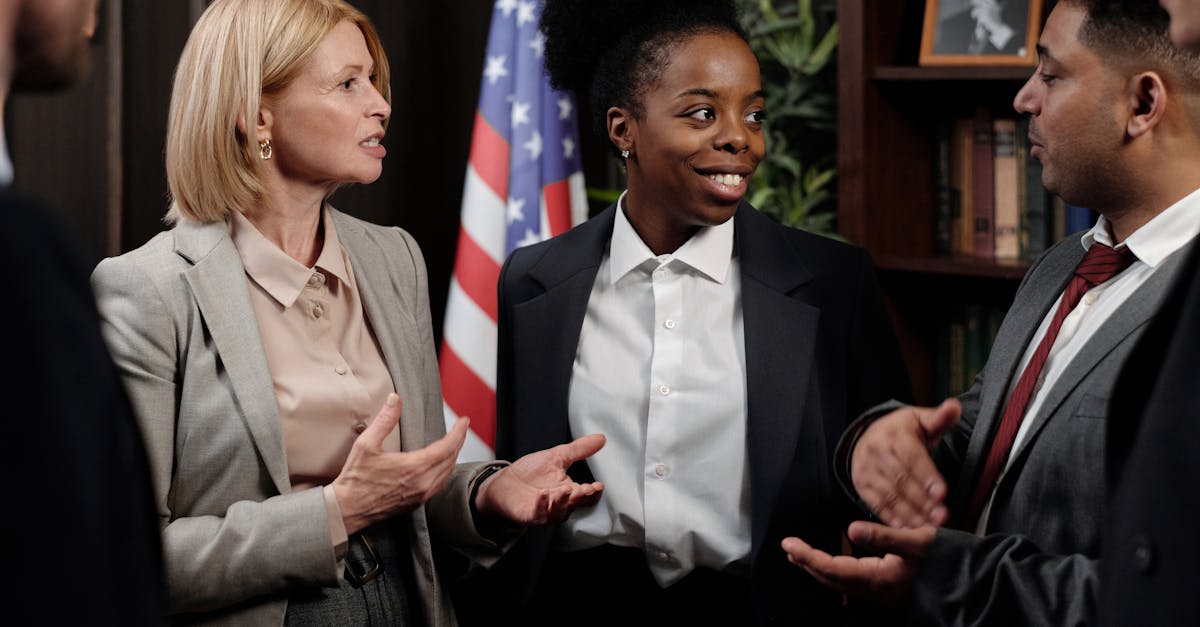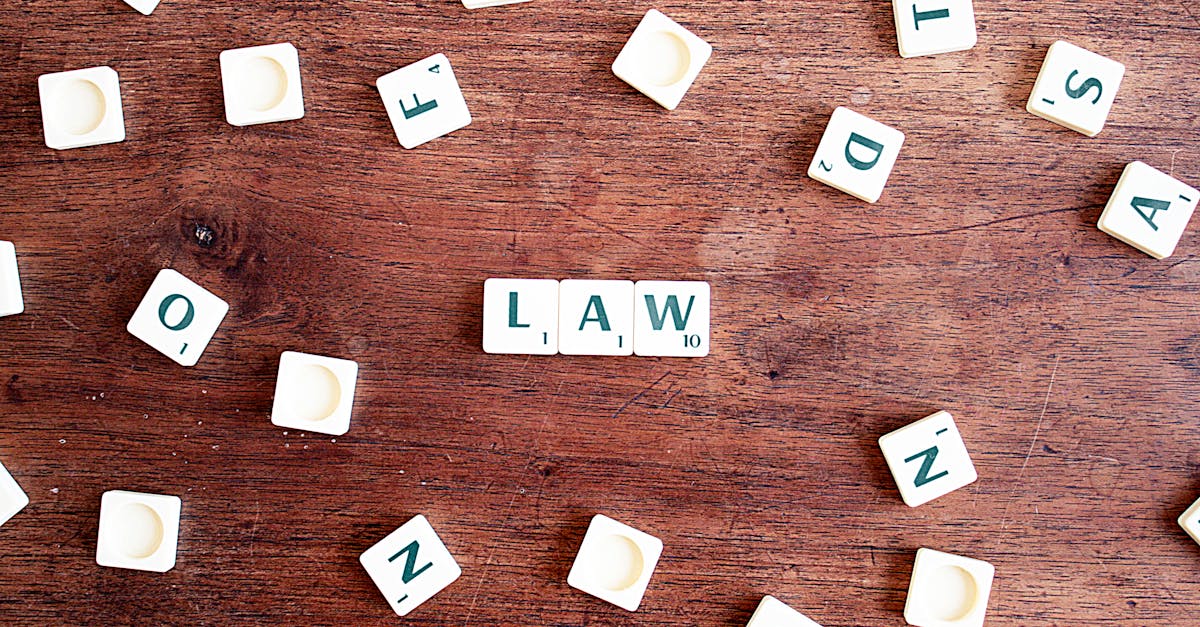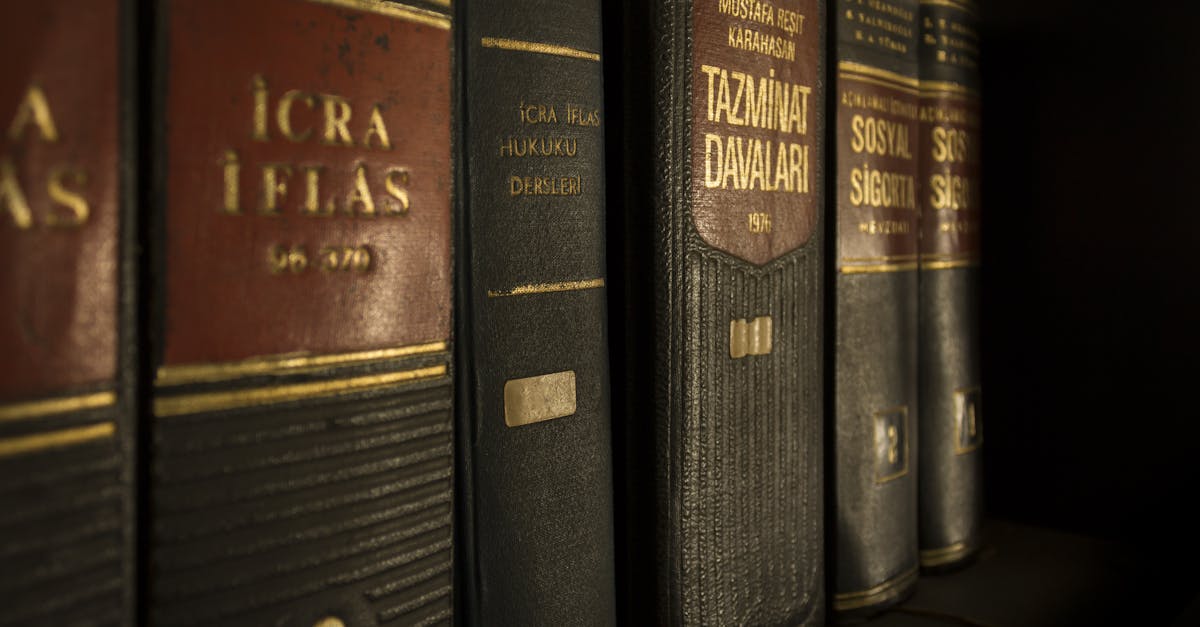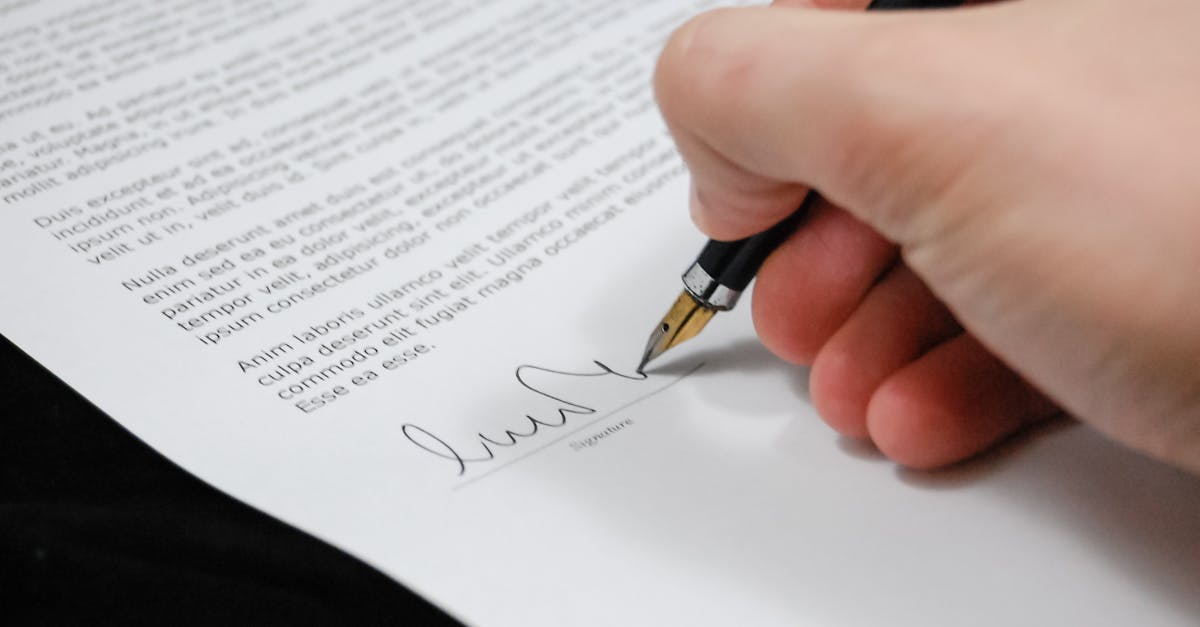
Handling objections
Handling objections is a crucial aspect of the Arizona negotiation of settlements process. When faced with objections, it is important to actively listen to the concerns raised by the other party. By acknowledging their objections and showing understanding, you can demonstrate empathy and build rapport, which can pave the way for a more productive negotiation.
Moreover, it is vital to address objections head-on by providing logical and factual explanations. By offering clear and concise responses to objections, you can help alleviate any doubts or misunderstandings that may be hindering progress towards reaching a settlement. Handling objections effectively requires patience and a willingness to engage in open and honest communication to find common ground.
Addressing concerns and finding solutions
Addressing concerns and finding solutions is a vital step in the Arizona Negotiation of settlements process. It requires a keen eye for detail and active listening skills to uncover the underlying issues that may hinder reaching a favorable agreement. Identifying these concerns early on paves the way for a more productive discussion where both parties feel heard and understood.
In the context of negotiations, finding solutions involves a collaborative effort to brainstorm ideas that address the interests of all parties involved. By focusing on common goals and emphasizing creative problem-solving, the negotiation process can lead to innovative solutions that satisfy each party's needs. This approach not only fosters a sense of cooperation but also sets the stage for a mutually beneficial outcome in the Arizona Negotiation of settlements.
Reaching a compromise
Reaching a compromise during negotiations is a crucial step in the Arizona Negotiation of settlements. It involves both parties making concessions and finding common ground to ensure a mutually satisfactory agreement. By understanding each other's perspectives and priorities, negotiators can identify areas where they can meet in the middle and work towards a solution that benefits both sides. This process often requires open communication, active listening, and a willingness to explore alternative options to reach a middle ground.
In the context of reaching a compromise, it is essential for negotiators to remain flexible and adaptable in their approach. Compromise is not about giving in or giving up entirely; rather, it is about finding a solution that addresses the key interests and concerns of both parties. Through creative problem-solving and a collaborative mindset, negotiators can bridge the gap between their initial positions and arrive at a settlement that is fair and equitable for all involved in the Arizona Negotiation of settlements.
Finding a mutually beneficial solution
Finding a mutually beneficial solution is often the ultimate goal in any negotiation process. In relation to Arizona Negotiation of settlements, this stage involves both parties actively engaging with one another to identify areas of compromise. By focusing on common interests rather than individual demands, a middle ground can be reached that benefits all involved. This approach fosters a sense of collaboration and promotes a positive outcome that satisfies the needs of both parties.
In the context of Arizona Negotiation of settlements, achieving a mutually beneficial solution requires open communication and a willingness to explore various options. Both parties must be flexible and open-minded in order to consider alternative perspectives and explore creative solutions. By actively listening to each other's concerns and needs, a middle ground can be found that addresses the interests of all parties involved. This collaborative approach often leads to a more sustainable and amicable agreement that lays the foundation for future cooperation.
Documenting the settlement
Documenting the settlement is a critical step to ensure that both parties are clear on the agreed terms and to avoid any misunderstandings in the future. In Phoenix, Arizona Negotiation of settlements, it is important to carefully outline all aspects of the agreement, including the specifics of what each party is responsible for and the consequences of any potential breaches. By documenting the settlement in writing, both parties can refer back to the terms and conditions if any disputes arise later on.
Additionally, when documenting the settlement, it is crucial to include all necessary details such as payment schedules, deadlines, and any additional agreements that were made during the negotiation process. This not only provides a clear record of the settlement but also serves as a legal document that can be enforced if needed. In Phoenix, Arizona, negotiations of settlements can benefit greatly from thorough documentation, as it ensures that all parties are on the same page and have a clear understanding of their obligations moving forward.
Ensuring the agreement is clear and enforceable
When finalizing a settlement agreement, clarity and enforceability are paramount. Hazy language or ambiguous terms can lead to disputes down the road. Therefore, in Phoenix, Arizona Negotiation of settlements, ensure that the agreement clearly outlines the terms and conditions agreed upon by all parties involved. Define all key terms with precision to avoid misunderstandings or misinterpretations. Every aspect of the settlement should be articulated in a straightforward manner, leaving no room for confusion.
Moreover, to reinforce the enforceability of the agreement, consider including provisions that address breach scenarios and the remedies available in such instances. Clearly delineate the consequences of non-compliance with the terms of the settlement to establish a firm foundation for enforcement. By creating a comprehensive and unambiguous document in Phoenix, Arizona Negotiation of settlements, all parties can proceed with confidence, knowing that the agreement is both clear and legally sound.
FAQS
What are some common objections that may arise during settlement negotiations?
Common objections during settlement negotiations may include concerns about the terms of the agreement, the amount of compensation offered, or the liability of the parties involved.
How can I address concerns and find solutions during settlement negotiations?
To address concerns and find solutions during settlement negotiations, it is important to actively listen to the other party, clarify any misunderstandings, and work together to explore alternative options that meet both parties' needs.
What strategies can be used to reach a compromise in a settlement negotiation?
Strategies to reach a compromise in a settlement negotiation may include exploring creative solutions, prioritizing key interests over positions, and maintaining open communication to facilitate a collaborative process.
How can I ensure that the settlement reached is mutually beneficial for all parties involved?
To ensure that the settlement reached is mutually beneficial, it is essential to consider the interests and needs of all parties, explore options that create value for everyone, and strive for a balanced outcome that fosters long-term relationships.
Why is it important to document the settlement agreement?
Documenting the settlement agreement is crucial to ensure that all parties have a clear understanding of the terms and obligations involved, provide a record of the agreement reached, and establish a basis for enforcement in case of disputes.







